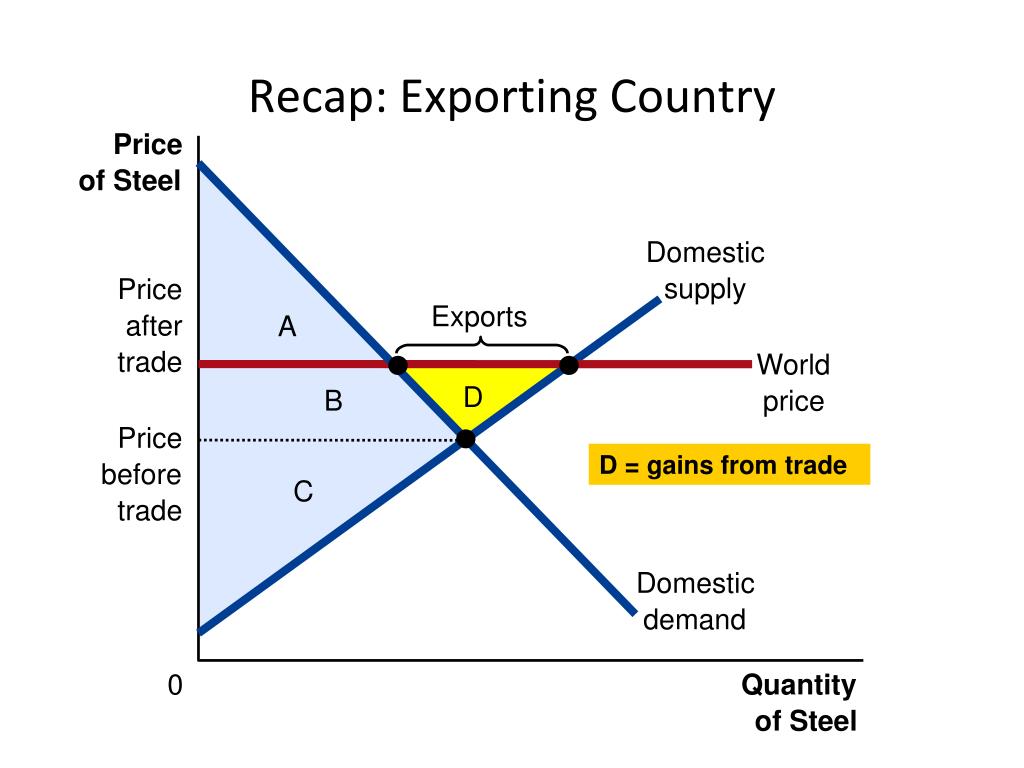



Consider your (financial) risks and benefits according to these terms. Make sure to agree on payment conditions before signing contracts.Read this blog from Shipping Solutions about intellectual property rights to avoid problems when choosing a trademark. If you have a reliable track record of high-quality exports, consider getting a distinctive trademark so importers easily recognise you and your good reputation.It is also a sign of respect for your relationship, as you give them time and an opportunity to look for alternatives. Open and honest communication can mean the difference between your client dropping you or giving you another chance. Warning your client of any problem is always preferred to keeping it quiet. Should your container be late, always communicate this to your buyer in time.It is always useful to give yourself a time buffer in the contract delivery date, as you can often not foresee delays or difficulties in your production and export processes. Given the generally high costs of this payment form, not many traders want to work with letters of credit.īuyers usually pay for the coffee after it has been inspected and approved upon arrival. However, they are the most secure method of payment for an exporter. Be aware that L/Cs are the most expensive option and require a lot of paperwork. Letter of credit (L/C) is another form of payment, where payments will be made from the buyer’s bank to the exporter’s bank against documents such as the invoice, bill of lading and certificate of origin and quality. CAD implies that the party that owns the documents also owns the goods. These documents are delivered to the customer against payment of a bill of exchange, which may be guaranteed by a bank. The supplier will be paid by the customer via a bank against delivery of required documents (such as the invoice and bill of lading). The most common form of payment in the coffee trade is Cash Against Documents (CAD). It is key that agreements on payment terms are made before signing any contracts. Agree on the terms of payment with your buyer The difference between CIF and CFR is that in the case of CFR the buyer does pay for insurance, though the exporter may still be responsible for any spoilage arising from transportation if the coffee was not properly packaged. If you decide to ship under CIF terms, you can charge an extra margin over the original (FOB) price of the products, as you are also providing the buyer with this service.Ĭost and Freight (CFR) means that the exporter is responsible for contracting and paying for the transport to the buyer’s destination port. It is a service to your buyer, as you take care of coordinating the shipping and take up more risk. Although CIF is usually not recommended, it also has its advantages. Once the freight loads at the buyer’s chosen port of arrival, the buyer becomes responsible for the product.ĬIF can be more expensive and riskier for you as an exporter than FOB. As such, the seller should purchase specific documents, such as export licenses and insurances, and pay for inspection costs. Under a CIF delivery term, the seller assumes the costs of shipping and insurance, and is responsible for any loss or damage to the coffee beans during transport. As such, this import term is often recommended, as it frees you as an exporter from having to bear costs and responsibility for the shipping and customs processes. If goods are damaged in transit, the buyer (or their insurance company) is responsible.
#A country will always be an exporter of a good where it has free
Most often, Free On Board (FOB) or Cost, Insurance and Freight (CIF) are used.įOB means that the buyer pays for shipping and insurance and takes ownership of the cargo at the point of departure from the supplier’s port. The delivery term used usually depends on your buyer’s preference. Agree on import delivery terms with your buyerīefore signing a sales contract, always agree with your buyer on import terms (also known as Incoterms: international commercial terms). Contact organisations that offer export assistance servicesġ.Be well informed on import customs procedures.Make clear agreements on export insurance.Meet your country’s export requirements and have export documents ready.Organise transport and logistics efficiently.Invest in good-quality packaging for storage and transportation.Agree on the terms of payment with your buyer.Agree on import delivery terms with your buyer.


 0 kommentar(er)
0 kommentar(er)
